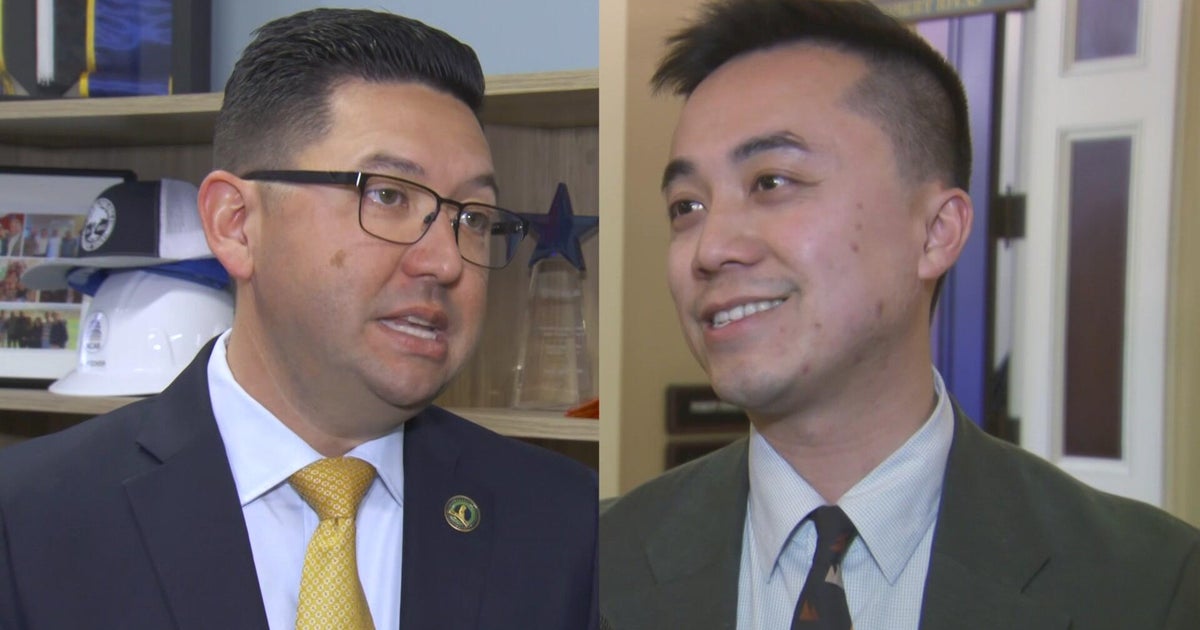CBS 2 School: With Words We Govern
Disraeli, noted English author and British Prime Minister, wrote: "With words we govern men."
Due to the recent tragedy in Tucson, we as a nation have had to assess our political speak. Some have blamed the tone of our rhetoric for the disturbing events while others have vehemently defended all manners of speech.
In today's raw political culture a dose of Orwellian cynicism would seem to apply. He wrote, "Language… corrupts thought."
But he was not entirely correct.
George Orwell and Ludwig Wittgenstein were two grand thinkers of the 20th century who wrote extensively on language and its uses in the political arena. In our media soaked era it is difficult to imagine that words still matter but clearly they still do.
Orwell, always the critic, stated that political language "has to consist largely of euphemism, question-begging and sheer cloudy vagueness." In this he was right. Today we would call that spin. Running scared from the voters, our elected officials feel the need to hide from detail and resort to more base name-calling.
Wittgenstein wrote too about the "language games" that we play. He was often heard to say, "What is the meaning of the word?" This call for clarity and precision may be the lesson for us this week. It also would allow us to hold each other accountable for the things that we say.
It is for this reason that our presidents are to set an example. This is why Teddy Roosevelt when he was president talked about his "bully pulpit." Few today understand, however, that in those days the word "bully" meant "excellent," "superb," and "wonderful." Roosevelt understood that the status of president gave the office a unique position to persuade and therefore the ability to accomplish great things. Regardless of personality, the American public looks to the president for leadership, guidance and direction. We, more often than not, follow. Today the connotation of "bully" is to be a "ruffian" or "intimidator." All to often it is that definition we follow.
It is for that reason we applaud President Obama's words in Tucson this week. He set out not only to console but also to heal. He used his "bully pulpit" to inspire a new dialogue. He asked us all to aspire to the expectations of our children. These are words that we can all understand.
Similar words were uttered by a president 70 years ago this month. President Franklin Roosevelt gave his memorable "Four Freedoms" speech back in January of 1941. As Europe faced armed conflict against the bitter face of fascism, Roosevelt chose to tell the world what principles America would stand up and defend.
He spoke of four freedoms that all peoples desire. They are the freedom of speech, the freedom of worship, the freedom from want and the freedom from fear.
Such words still govern best.
Language might corrupt but the right words can also redeem.







